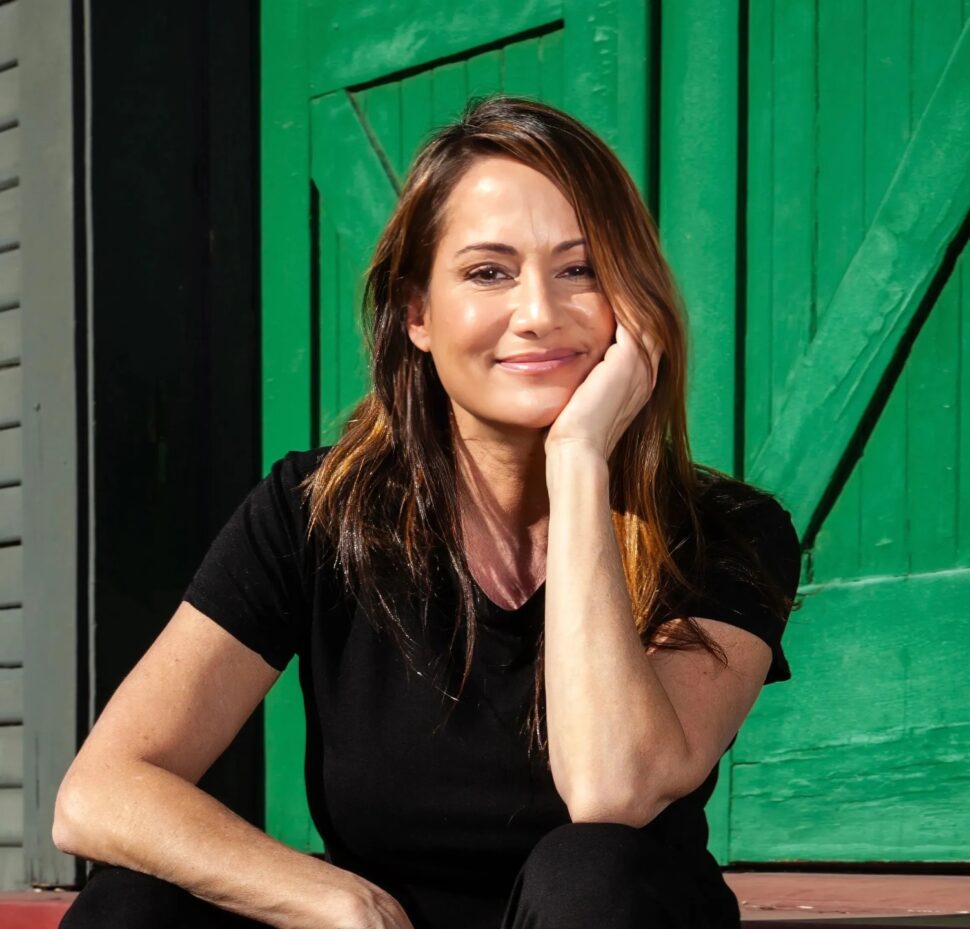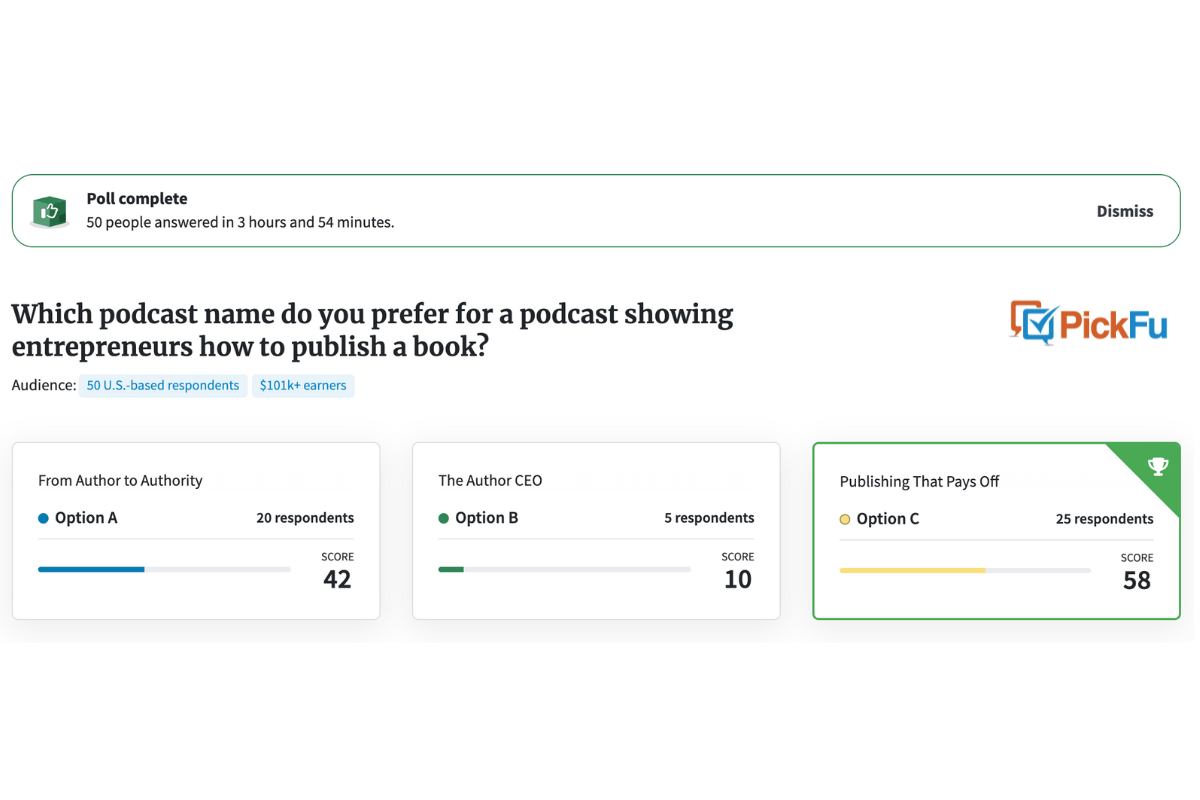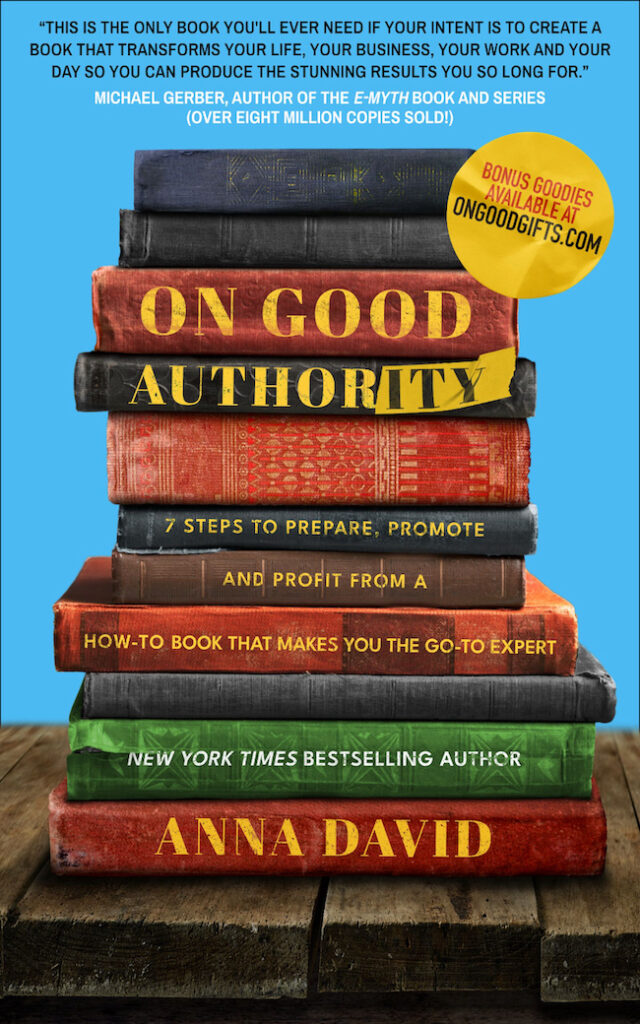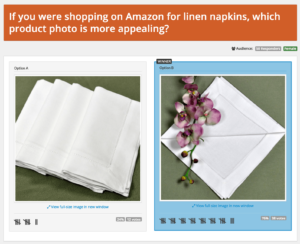Anna David freely admits she’s made plenty of mistakes along the way to becoming a New York Times bestselling author, popular podcaster, and publisher.
Party Girl, her first “almost entirely true” novel (now a movie in the making), chronicles her juiciest personal trials and tribulations.
Her biggest mistake as an author? Not knowing the audience she was writing for.
“I did that for six of my books,” David said by phone from her Los Angeles home.
As she wrote in Entrepreneur magazine about one of those books: “Take it from someone who created an anthology about reality TV shows, failing to understand that reality TV fans want to watch reality TV and not read books about it, and non-reality TV fans do not want to read a book about reality TV.”
David’s passion these days as founder of Legacy Launch Pad Publishing is writing books for business leaders that turn them into authorities in their field.
Knowing your target audience is a topic she comes back to time and again: with her clients, in her forthcoming book, On Good Authority: 7 Steps to Prepare, Promote and Profit From a How-To Book That Makes You the Go-To Expert, and in her podcast, also called “On Good Authority” — which she renamed after asking her audience for their opinions.
We all learn from our mistakes. David would especially like new authors to learn from hers.
✅ Do: Find out what your audience wants before you start writing
Exhibit A in not identifying your audience’s needs first: David’s reality-TV book.
It’s a common mistake many first-time authors make.
“They dont find out if anybody actually wants to read a book on that topic,” David said. (Publishers don’t appear to do this, either. “Everything in publishing is random,” the CEO of Penguin Random House testified in federal court in the publishing giant’s August 2022 antitrust trial.)
But you don’t have to leave things to chance or a publisher’s whim. Get online and search what’s selling (and not) on Amazon. Use market research techniques such as social media listening or surveys.
Confirm there’s an audience for your book before you do anything else, and you’ll have the confidence — and the data — when it’s time to write, publish, and market the thing.
❌ Don’t: Listen to your friends, family, or social media followers
Love (or like) them, of course. They’re your biggest fans.
But when validating an idea for your book or cover design, remember that those closest to you aren’t your target readers or buyers.
They’re prone to acquiescence bias. Even if they don’t like your idea or your writing, they’ll probably tell you they do.

And then there’s the social media herd effect.
“I have tons of clients who will ask their friends, ‘Do you like this title or cover?’ and their friends are not experts in book publishing and they’re not their readers,” David said. “So then they put it on social media, and I always see that after someone comes out strong and picks one, everybody follows. It becomes an echo chamber.”
Get outside of your circle to get unbiased feedback you can actually use.
Find out what readers think of your book cover or title. Start today.
✅ Do: Pay attention to negative comments
Haters gonna hate, but there is value in brutally honest feedback from your audience of potential customers.
David recalls the PickFu poll she ran to test new names for her podcast about book publishing.
“The minute I put it up, I got some really mean comments and I thought, ‘Okay, this is good. This is real,” she said.
David already knew that some listeners didn’t like the previous names of her podcast (she’s changed it more than once).
Reading the commentary, good and bad, on these new names let her know that she still had work to do to find the best one.
❌ Don’t: Develop “expert blindness”
You may be the expert on the topic you’re writing about, and that’s awesome.
But this can lead to what’s called expert blindness, which makes it hard for you to consider how your non-expert readers feel.
In other words, what you think is interesting or relevant may be utterly dull to your readers.
“We all have expert blindess, and we all have learned and then forgotten what we thought when we first learned those things,” said David.
Reader feedback, especially qualitative open-ended feedback, keeps you connected to your audience.
“There’s nothing more valuable than getting in your customer’s head,” said David.
✅ Do: Get audience feedback at every step
You know what they say: test early and often.
David tested potential titles and subtitles for her newest book on PickFu a few months before publication.
But, she said, “There are so many stages at which you need to get this sort of feedback. And not just for your cover or your title. Think about your lead magnet. It seems like the possibilities are endless.”
There’s really no bad time to find out what your audience thinks about your book idea, cover design, title, or blurb…once you find out who your audience is.
Take it from someone who knows.






